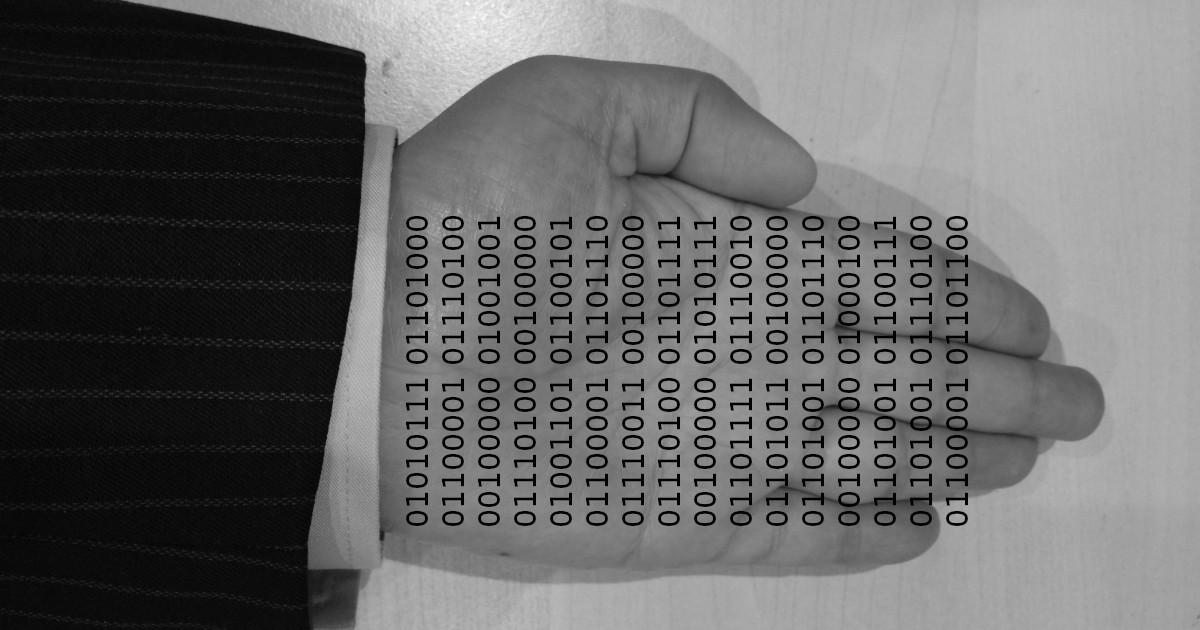
What It Means to Work in Digital
When I'm asked what I do, I try to keep my answer simple. I tell the person that I work in marketing. Sometimes, this person will build an image in their head and state something along the lines of, "Like sales?" A lot of people don't see the difference between marketing and sales (note: they're related, but not the same), and so, it's no surprise that I sometimes get this response. I then go on to tell them that I manage digital platforms: websites, social media, paid search, digital asset management systems, and so on. "Oh, so you're an IT person?" No. Not really. I also work on video production, review creative, manage a team (and vendor relationships), develop processes, define strategies, manage a budget, and do some copy-and-content-writing. Basically, I work in digital. "Digital? What's that?" Their heads explode - metaphorically, of course.
For the vast majority of my career, I've been in roles that bridged the worlds of business and technology to meet strategic objectives. When I was a web developer, I worked on communication programs and partnered closely with marketing teams to launch campaigns. When I worked in marketing or business development roles, I work closely with development teams to launch products. My job was to be the translator between these worlds - the link in the chain that ensured that the business requests were attainable with the capabilities of the technology resources.
My journey to this point was largely propelled by my personal interest in technology and business. I was coding simple Basic around 5 (on a Commodore 64), ran my high school newspaper, graduated college with a degree in economics, spent the first part of career as a web developer, moved into marketing, earned my M.B.A., and then continued my career. Along the way, I observed business leaders and noticed a pattern: many dream big, but fiercely avoid the (implementation) details to stay "out of the weeds". Pausing to dream big is an excellent skill because it frees one from any limits; in fact, in business school, I learned that it is the secret sauce that enables innovation. However, I also learned along the way that there must be a balance between big ideas and reality. At the other end of the spectrum are the implementers, and often, they are the architects of technology solutions. They live and breath details to know what they need to build. Do you see the conundrum? This is where the digital professional comes in.
Often, when I try to elaborate on this topic, a specific scene from the Selena movie comes to mind. You see, in this scene, the father (played by Edward James Olmos) is driving a van while explaining to his Mexican-American kids that they are not fully accepted by Americans or Mexicans, and to succeed, they must work twice as hard (with twice the knowledge). Digital is no different as it sits between the two worlds of business and technology: the digital professional is seen as the "techy" by the business leader and as the "biz person" by technology expert. Only with time, trust, and demonstrated knowledge by the digital professional will they be comfortable enough to speak in the same language. To paraphrase the father within the scope of this topic: a digital professional has to prove their business acumen to the business leaders, and to the technology experts, they must prove their deeper understanding of technology details. They have to know the CVP AND the LAMP stack! They have to be more business than the business professional and more tech than the technology expert. And they have to do both at the same time (with tact)! It's exhausting!! Few know how difficult it is to be a digital professional.
However, there is one more piece that fits into what I call the Digital Triad. The first two are business and technology. The third is operations. In my experience, the digital professional must understand and advocate for the operational needs that enable a solution to be maintained. (For example, identifying the owner of a newly built consumer-facing application.) While the business piece connects the relevancy to the strategy, and technology is the means by which it is solved, operational definitions address what will be needed to establish operability, beyond the launch. Some may argue that this is covered by business decisions, which I feel is perfectly fine if acknowledged and solved as such. Personally, I've been in far too many conversations where a business goal is confirmed and the technology solution defined, but no one (not even the project manager, who has their hands full keeping all the pieces together) addresses what will be needed to actually keep the initiative moving once the project completes. Areas to consider include people, finances, and processes.
Ultimately, working in digital means being the bridge between worlds, the translator between disciplines, the link that ensures the feasibility of solutions, and the architect that binds the needs of business, technology, and operations.
Read more
Tweets by hijinior